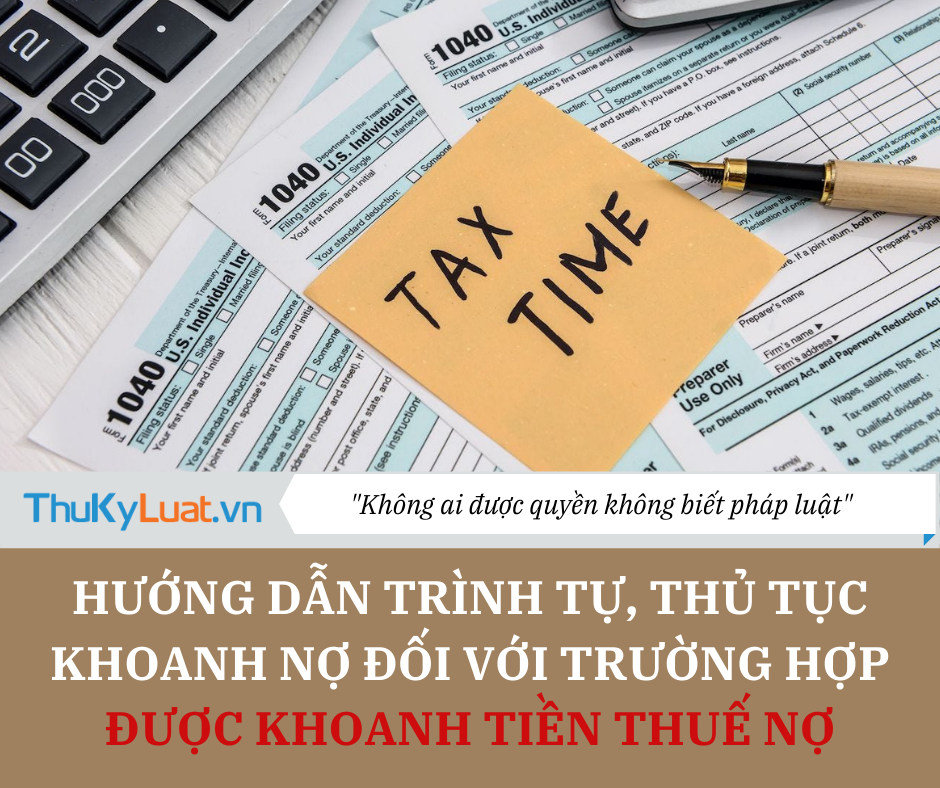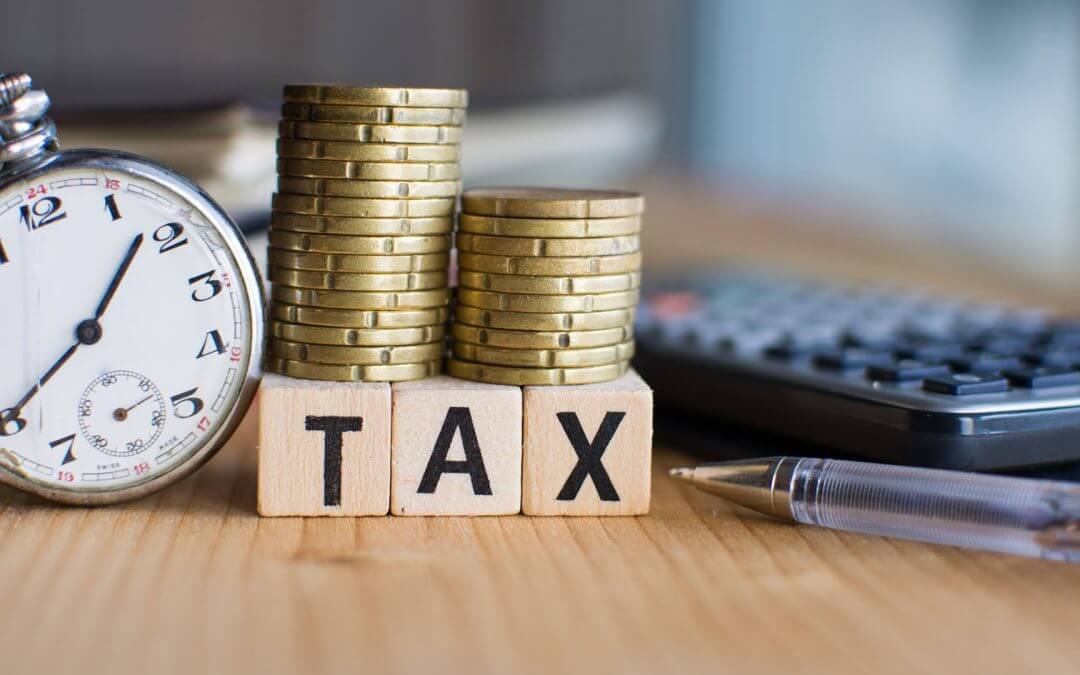What is the guidance on procedures for tax chargeoff for cases eligible for tax chargeoff in Vietnam?

Guidance on procedures for tax chargeoff for cases eligible for tax chargeoff in Vietnam (Illustrative image)
According to the law, there is currently no specific definition for cases of deferred tax debt. However, tax chargeoff can be understood as a declaration by the creditor that a debt cannot be recovered, thus "tax chargeoff is a solution to postpone the taxpayer's tax payment deadline."
Therefore, based on the provisions of Article 83 of the Law on Tax administration 2019, tax chargeoff will be implemented for the following cases:
- The taxpayer is deceased, declared dead by the court, missing, or has lost civil act capacity;
- The taxpayer has a dissolution decision submitted to the tax authority and the business registration authority, but has not yet completed the dissolution procedures and is announced to be in the process of dissolution on the national business registration information system;
- The taxpayer has filed for bankruptcy or has had a bankruptcy petition filed against them according to bankruptcy laws;
- The taxpayer is no longer operating at the registered business address, and the tax authority, in cooperation with the People's Committee at the commune level where the taxpayer is registered, has verified that the taxpayer is not present at the registered address and notified nationally;
- The taxpayer has had their business registration certificate, enterprise registration certificate, cooperative registration certificate, establishment or practice license revoked by the competent authority, or has been proposed for revocation by the tax authority.
Thus, according to the above regulations, taxpayers in the five cases mentioned will be subject to tax chargeoff. The tax authority will continue to monitor the deferred tax debts and cooperate with related agencies to recover the debts when the taxpayer is able or to cancel the debt under certain conditions. According to Article 23 of Decree 126/2020/ND-CP, the procedures and documentation for tax chargeoff are as follows:
Documentation for tax chargeoff includes:
- For taxpayers who are deceased, missing, or have lost civil act capacity: A death certificate or a death notice or replacement documents according to civil registry laws, or a court decision declaring the person dead, missing, or incapacitated (original or certified copy).
- For taxpayers with a dissolution decision and notified of dissolution on the national business registration information system: The dissolution decision and information on the taxpayer's name, enterprise code, and the time of information publication by the business registration authority.
- For taxpayers who have filed for bankruptcy: Notification from the competent court regarding the acceptance of the bankruptcy petition (original or certified copy).
- For taxpayers no longer operating at the registered address: A document confirming between the tax authority and the commune People's Committee where the taxpayer is registered that the taxpayer is no longer operating at the registered address, and notification from the tax authority (original or certified copy).
- For taxpayers whose business registration certificate, establishment, and operation license, or practice license has been revoked by the competent authority: A document proposing the revocation from the tax authority, or the revocation decision from the competent authority (original or certified copy).
Procedures for tax chargeoff:
- When the documentation is complete, the head of the tax authority directly managing the taxpayer will issue a decision on tax chargeoff according to Form No. 01/KN for the tax debt amount at the deferment beginning time.
- In case the tax authority has issued a tax chargeoff decision but the court nullifies the death, missing, or incapacitation declaration, or if the taxpayer resumes business operations, the tax authority will issue a decision to terminate the deferment according to Form No. 02/KN. The tax authority will calculate late payment penalties from the date of the termination decision to the date the taxpayer fully pays the tax debt.
- If the taxpayer qualifies for debt cancellation, the tax authority will issue a decision to terminate the deferment according to Form No. 02/KN and proceed with the debt cancellation according to the regulations.
- If the taxpayer is an individual, business individual, family household head, business household head, sole proprietorship owner, or single-member limited liability company owner who has been deferred and the tax authority discovers that they have established another business, the tax authority will issue a decision to terminate the deferment according to Form No. 02/KN. It will calculate late payment penalties from the date of deferment until the tax debt is fully paid.
Ty Na
 Article table of contents
Article table of contents










